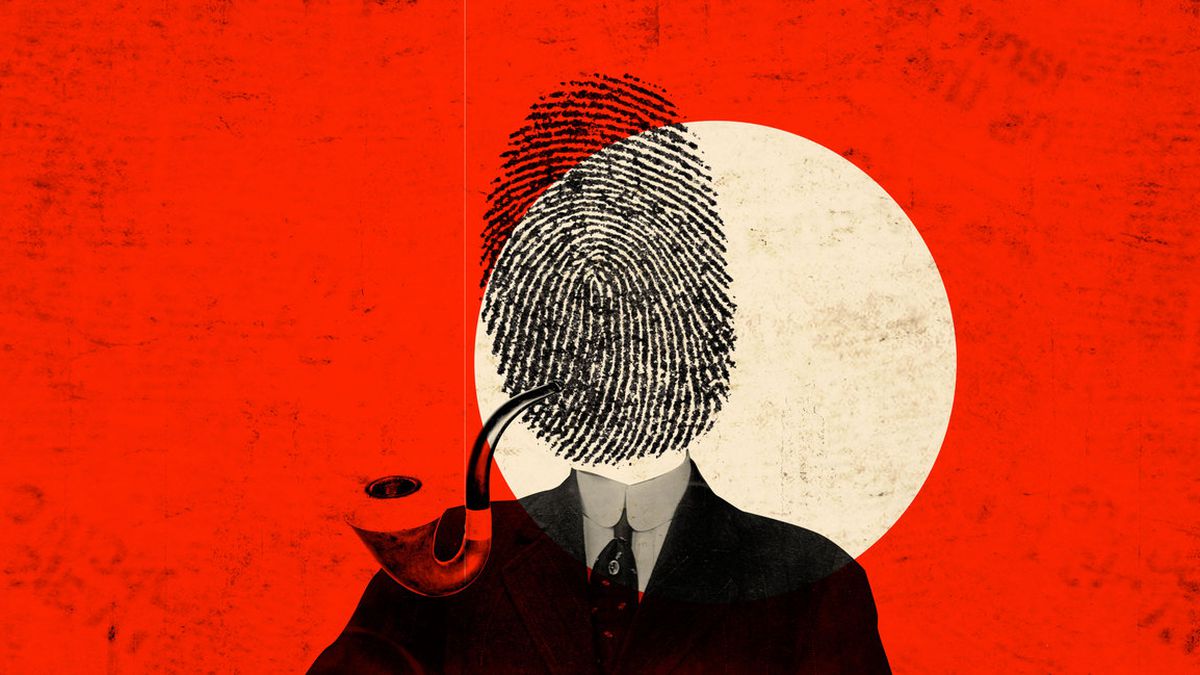
FAQ About True Crime

What is the most famous true crime case?
The most famous true crime case is likely the O.J. Simpson trial, which took place in 1995.
The O.J. Simpson trial was one of the most high-profile and controversial criminal trials in American history. Here are some more details about the case:
Background: In 1994, O.J. Simpson was a retired NFL football player and celebrity who had been accused of murdering his ex-wife, Nicole Brown Simpson, and her friend, Ron Goldman. Simpson had a history of domestic violence towards Nicole, and the prosecution argued that he had killed her in a fit of jealous rage. The trial was highly publicized and lasted for over a year, from January 1995 to October 1995.
Evidence: The prosecution's case relied heavily on DNA evidence, as well as eyewitness accounts and circumstantial evidence. DNA evidence found at the crime scene was matched to Simpson's blood, and bloody footprints matching his shoe size were found outside the victims' house. The prosecution also presented evidence of Simpson's abusive behavior towards Nicole and his history of threatening her.
Defense: Simpson's defense team, which included high-profile lawyers like Robert Shapiro and Johnnie Cochran, argued that the evidence against him was circumstantial and unreliable. They also raised questions about the handling of the evidence by the police and suggested that the LAPD had planted evidence to frame Simpson. The defense team also played up the racial tensions surrounding the case, arguing that Simpson was being unfairly targeted as a black man in a predominantly white criminal justice system.
Verdict: In October 1995, the jury found Simpson not guilty of the murders of Nicole Brown Simpson and Ron Goldman. The verdict was controversial and divisive, with many people believing that Simpson had been guilty but had gotten away with murder. Simpson himself has maintained his innocence and continued to be a controversial figure in the years since the trial.
Legacy: The O.J. Simpson trial had a significant impact on American culture and the criminal justice system. It highlighted issues of race, class, and gender in the criminal justice system and raised questions about the reliability of DNA evidence. It also contributed to the rise of "trial by media," in which high-profile criminal cases are heavily covered by the news and can influence public opinion before a verdict is reached.
